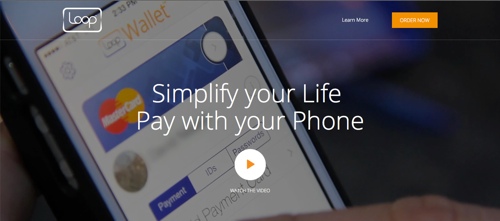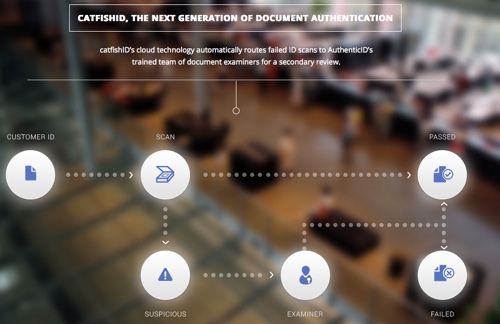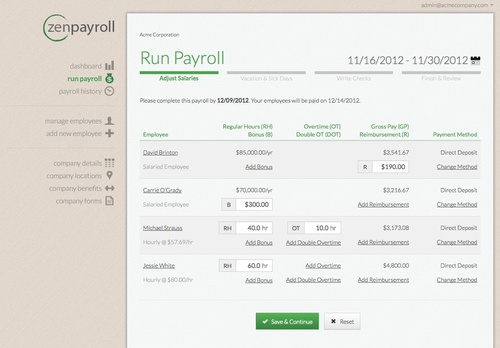
Ladies and gentlemen, the LoopWallet has landed.
Now available in the Apple App Store, the LoopWallet app allows consumers to make their mobile device their primary, point-of-sale payment method instead of cash or cards.
The Android edition of the app is expected to be available in April.
Will Graylin,
Loop CEO states,
“Just download the free LoopWallet app, order a Loop AppCessory, swipe your cards into your smartphone, and pay at almost everywhere in the world.”
Loop AppCessory’s are tools – fobs, charge case, primarily, with more to come – that allow users to swipe their cards and store information alongside their mobile device. Credit, debit, gift, ID, membership, rewards … most of the kinds of plastic currently stuffing the average wallet can be stored in the LoopWallet app.

When shopping, consumers place their smart device near the swipe slot on the POS terminal, and press the transmit button to make the transaction.
Loop is Level One PCI-compliant, and data is encrypted and stored in secure memory in the LoopAppCessory. That said, the company’s relationship with card issuers is such that Loop can provide per transaction, dynamic card data, making it impossible for fraudsters to clone your card.
Watch Loop’s intro video
here.
Loop was founded in 2013 by Will Grayin and George Wallner, and is headquartered in Woburn, Massachusetts. The company has raised more than $10 million, and is among the innovators scheduled to demo at FinovateSpring 2014 in San Jose in April. To learn more about the event, visit our FinovateSpring page
here.







 NICE Systems
NICE Systems 



